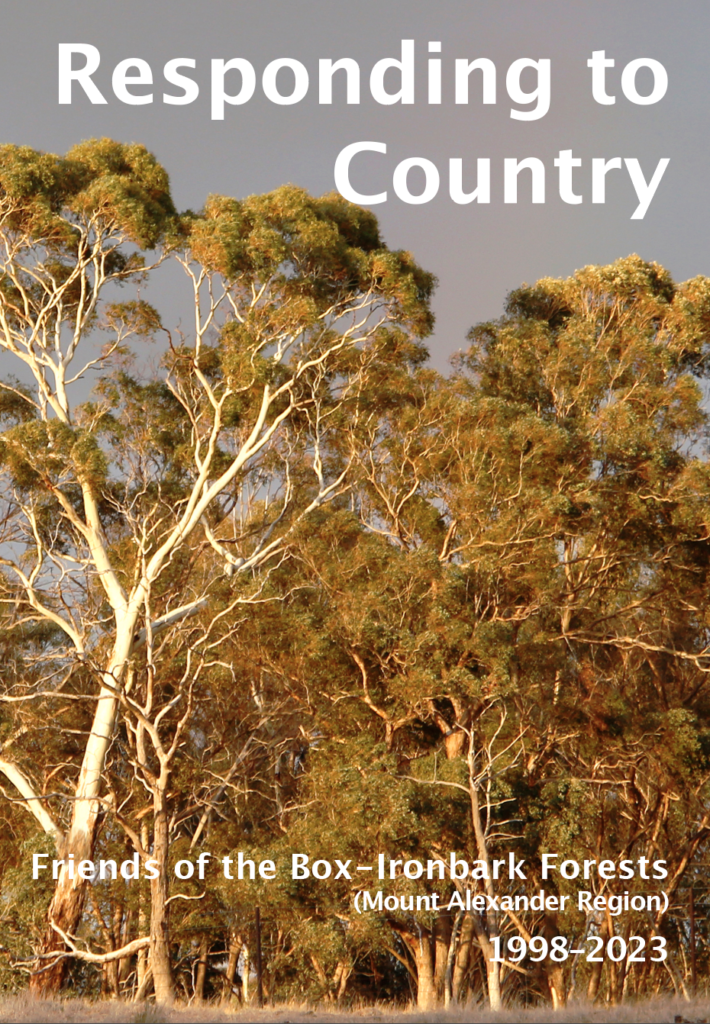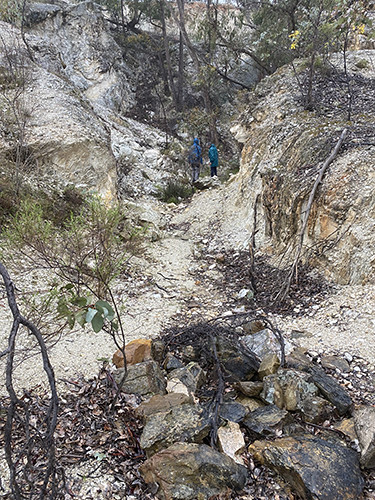The Safer Together documents available as part of the fire consultations (see above) are headed ‘better bushfire management’. It turns out that this means, ‘better fuel management’, which is not at all the same thing. ‘Management’ includes a whole lot of other things, like prevention, for example.
Readers of the Midland Express last week will have been struck by the front page article headed ‘Reckless ignorance’, detailing how CFA brigades had to suppress a large campfire thoughtlessly lit by campers in the tinder dry Wombat forest. The article ascribed the fire to ignorance or thoughtlessness or both and noted the frustration of firefighters at having to spend time on such events.
The item is a timely reminder about attitudes to fire: it confirmed extensive anecdotal evidence from local firefighters on the extraordinary heedlessness of many people on the fire question.
It’s six years since the Mount Alexander municipal fire plan pointed out that ‘Historically there have been 53 fires per year on average in this region: of these, only 6, on average, have been ‘natural’ [ie, resulting from lightning strikes]. The rest have been caused by carelessness, technical malfunctions or arson.’ [42% of fires dealt with statewide since 1972 have been accidents, 35% were deliberate, and 17% ‘unknown or other causes’].
That is, most local fires are avoidable, if people behave responsibly in dangerous times. But how can you persuade them to be responsible?
We were informed at last week’s consultations that the government is working on ‘pilot’ programs on ‘prevention’ in two regions. It seems strange that we’re only at the ‘pilot’ stage, ten years after Black Saturday. The government’s task is not easy–there’s obviously a small but significant number of people unable or unwilling to accept that fire is not a harmless toy. All the more reason to tackle the problem more energetically. Prevention is better than cure.



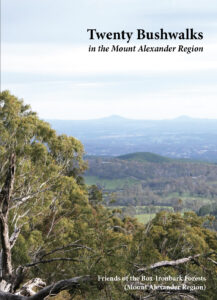
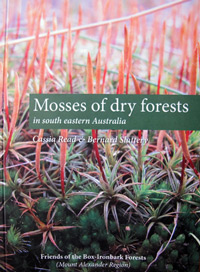 Click on image for info/order page
Click on image for info/order page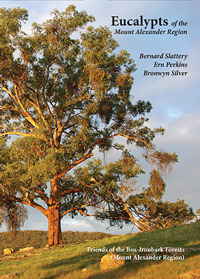 Click on image for info/order page
Click on image for info/order page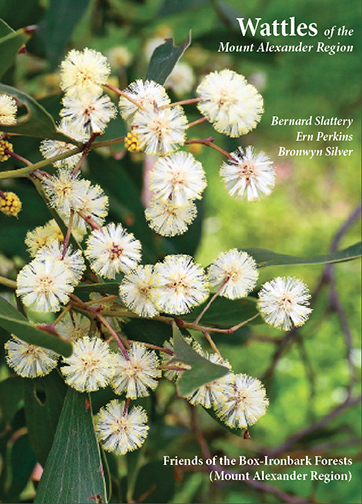 Click on image for info/order page
Click on image for info/order page
